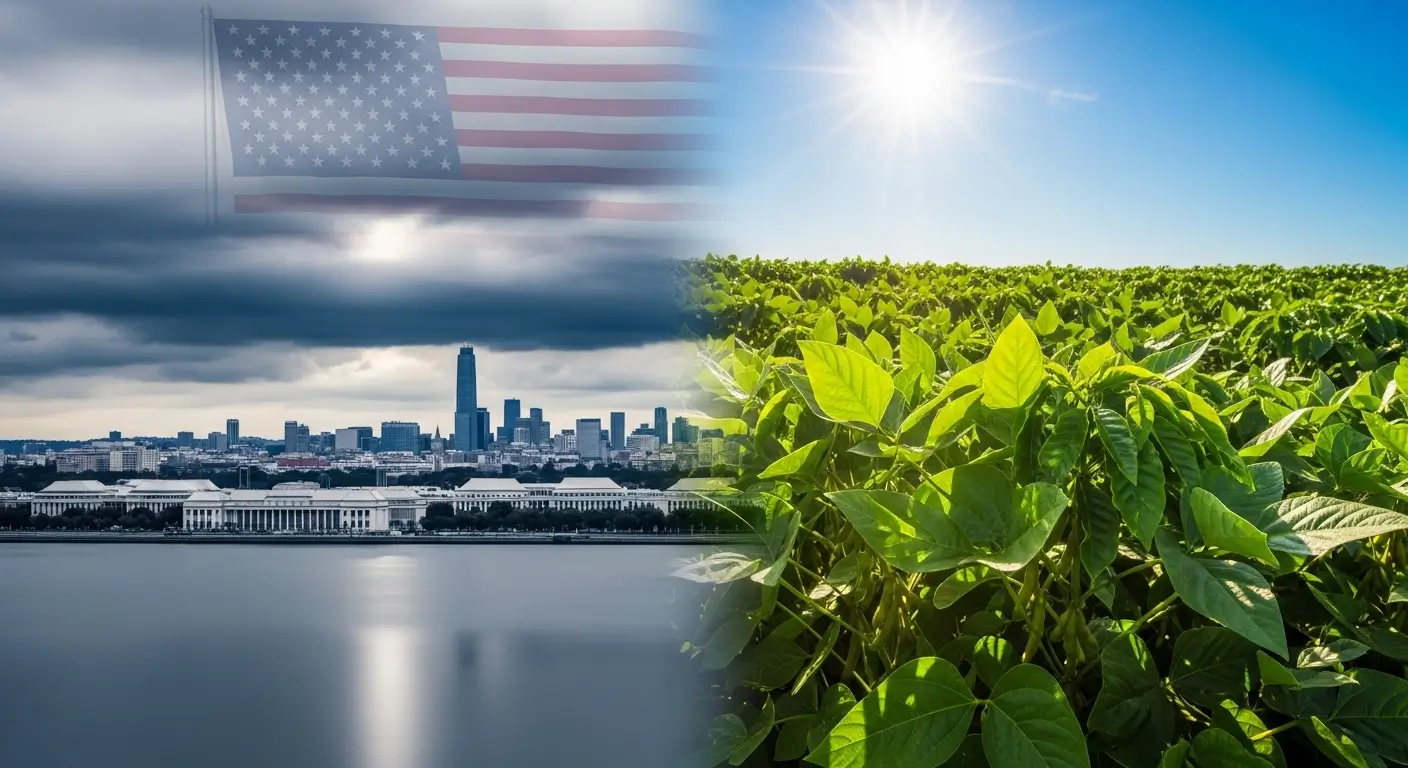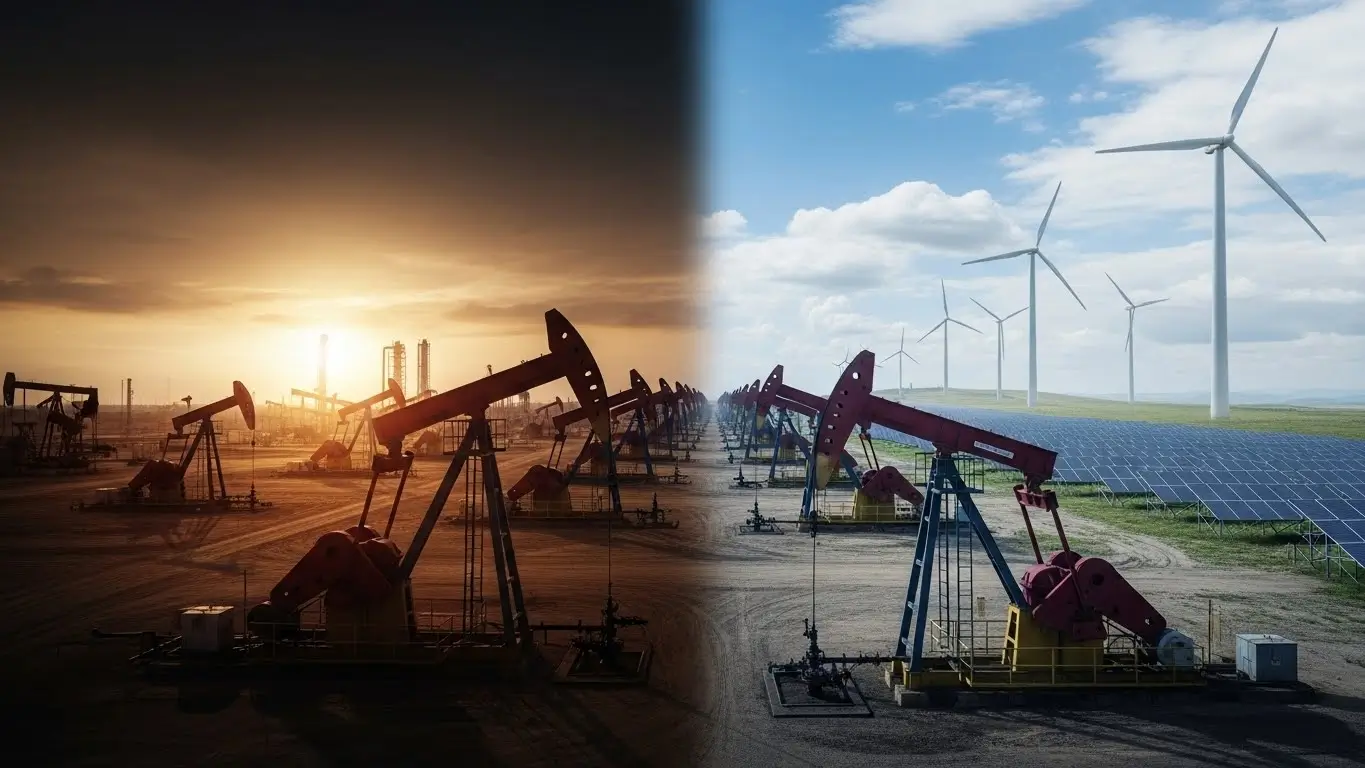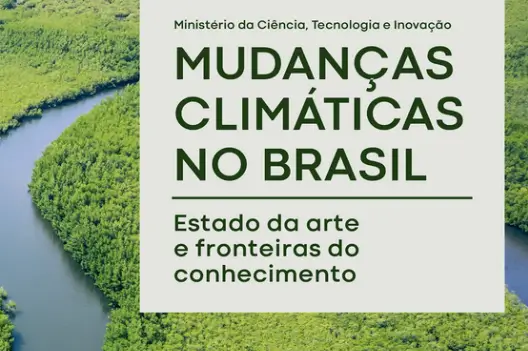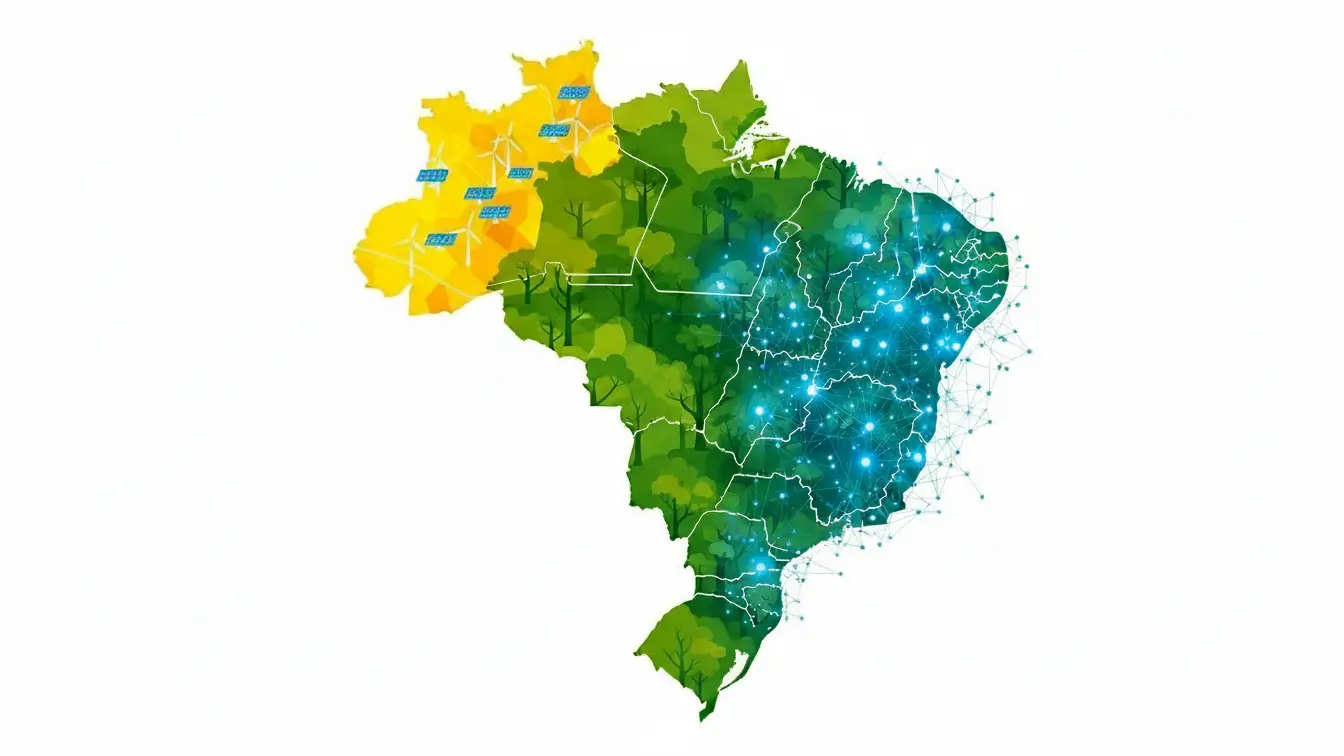Alice Assad and Giuliano Wassall
The 2030 Agenda, drawn up in 2015 by the member countries of the United Nations (UN), is a global action plan that aims to eradicate poverty and promote dignity for people, respecting the conditions of our planet and without compromising the progress of the next generations. The plan comprises 17 objectives of sustainable development, known as SDGs, and 169 goals that support sustainability.
The goals are integrated, but not necessarily restricted to the environment. They are related to the social, environmental, and economic spheres. It is a mistake to imagine that they are only for governments and large corporations: they can be put into practice by any citizen who is committed to the future of the planet and of the next generations.
There are countless ways to apply the SDGs in your personal daily routine. The tip is to rethink your attitudes and list the possibilities of doing something. From the scenario you establish, always try to choose the way that comes closest to the goals. For example, if you are leaving for work, see what are the possible alternatives: take your car, use public transportation, or ride a bicycle? If cycling is not an idea, how about trying public transportation and minimizing your own carbon emissions?
In this article, however, our intention is to help you apply the goals to your business.
First, it is important to know what they are. The 17 established SDGs are:
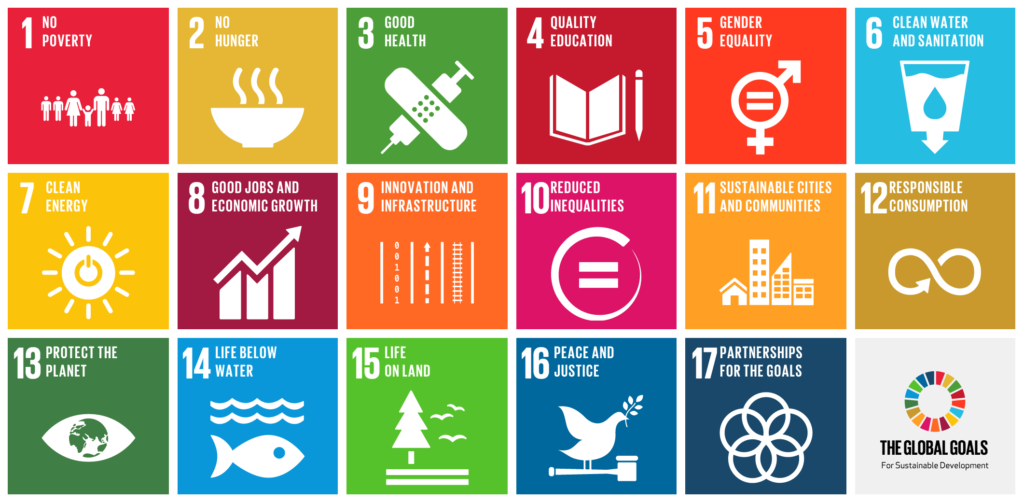
The most recent studies already point out that we are somewhat behind in reaching 2030 with poverty eradicated and dignity guaranteed for all people. If we want to get there we need to do even more and act quickly and in a well-structured way.
However, the targets set by companies to date have generally been unambitious. The UN Global Compact, in partnership with SAP and Accenture, proposed 10 benchmarks for the private sector to increase their respective levels of ambition in order to maximize the chances of meeting the 2030 Agenda. They are
- Gender balance at all levels of management;
- Zero incidence of corruption;
- 100% of employees with decent wages;
- 100% resource recovery, with all materials and products recovered and recycled or reused at the end of use;
- Emissions reduction in a science-based manner and in line with a 1.5°C trajectory;
- Positive net impact of water in water-stressed basins;
- Zero waste to landfill and incineration;
- Land degradation neutrality, including zero deforestation;
- Inputs of 100% sustainable materials that are renewable, recyclable or reusable;
- Zero discharge of pollutants and hazardous chemicals.
Now, how to bring this awareness to the corporate environment where you are inserted?
To truly collaborate with the goals set in Agenda 2030 and the benchmarks raising the levels of ambition, bold leadership is needed that aims to transform business models into hubs that are truly engaged in promoting decisive change. Certainly, in addition to the collaboration with external and basically unrelated spheres, the changes will contribute to building a successful business that is competitive in its respective markets.
The idea is to develop solutions for the great challenges of the planet. Companies with a global presence, obviously, must keep this in mind. However, if we talk about a small travel agency in Brazil, but which sells passenger trips abroad, for example, we are already in a perfect context to think about minimizing the impacts caused by these individuals. Determining that the success of a good business must also necessarily include a broader view of all stakeholders.
Initiatives to apply the SDGs in a corporation must start initially from the base of the business, establishing a new purpose; and from governance, in corporate strategies and goals aligned to the goals. Next, they must be integrated into operational activities, consequently transforming products and services, moving all parties involved towards sustainability.
Finally, it is important that there is an engagement of all these spheres, in all hierarchical layers and processes, so that they jointly develop innovative and disruptive solutions that positively contribute to achieve the SDGs.
All of these company structures need to be connected in a way that strengthens them in an interdependent manner. Without ambitious grassroots goals and targets companies are unlikely to be able to incorporate them into the core of the business. If the company's principles are not well established, it will not be possible to integrate them into its other processes. Consequently, there will be no collection of the actions that are being carried out in the business.
Here at Fauna we help businesses in the tourism sector go through this journey of transition to a more balanced operation with a positive impact. The first step can be taken at different points in the company so it doesn't matter if your business is new to the industry or very consolidated, the key is to wake up to this issue and take action.
Bringing all these ideas to the environment of a travel agency, our suggestion is that you start by:
- Replace all fluorescent light bulbs with LEDs;
- Create a policy of hybrid work - remote and face-to-face;
- Make use of natural lighting in the environments and reduce electricity consumption;
- Encourage the use of bicycles or public transportation for the team's commute home;
- Encourage the sale of direct flights for travel to reduce the product's carbon footprint;
- Eliminate all and any use of disposables in the company, replacing them with returnable cups and tableware;
- Perform maintenance on the air conditioners within the required timeframe;
- Pay attention to the waste generated by the company and make sure that it will be disposed of correctly;
- Adopt a paperless policy; paperless;
- Hold learning days for your employees and customers about responsible tourism;
- Choose a social cause aligned to an SDG and defend it in any way you can;
- Take your company's emissions inventory and offset it by planting trees.
We do not know for sure what the future will be like and whether the goals set in Agenda 2030 will, in fact, be fulfilled in their entirety. It is cliché, but if each individual and each company does their utmost to contribute positively, we will make the reality of future generations much better than the one we live in.



